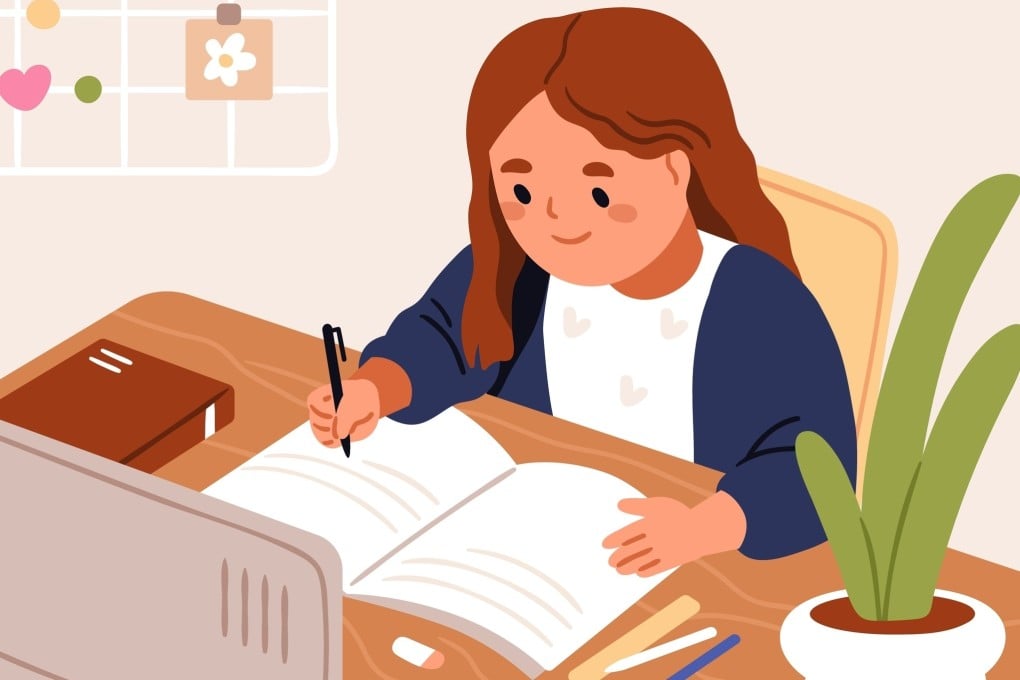
- Forming a habit takes time and practice, but these tips should make it a bit easier




Reflect on your own study habits: what are you good at? What could you improve upon? What is the hardest part about studying?

According to the article, if someone is in Primary Four, how much time should they study each day?

What are the article's suggestions for setting up your study environment?

Reflect on your own study habits: what are you good at? What could you improve upon? What is the hardest part about studying?

Difficulty: Challenger (Level 2)
Studying – you know you need to do it, but you just can’t seem to make it a habit. Maybe you forget, become distracted or just don’t feel like doing it. Understanding how to form a habit can help you to study on a daily basis.
It can take a few months of practice to make studying into a habit.
To help you stick with it, find a study buddy to form the habit with you. You can also use apps to set goals and track your study time so you can watch your habit form and celebrate your progress.
Here are some other tips to help you build your routine.
Habit loop
A habit is a behaviour you do as a part of your routine. When you do things at the same time every day, it is easier to remember them.
Decide how much time you should set aside each day to study by multiplying your year in school by 10 minutes. If you are in Primary Three, you can plan to spend about 30 minutes per day studying. Talk to your parents and teachers to find the right time for you.
Be careful not to study too much! Regularly spending more than two hours a day studying can cause you to feel too much stress. It could also prevent you from getting enough sleep.
The cue
Cues are signals that remind you to work on your habit. Studying at the same time every day is one cue. You can set a daily calendar reminder on your phone. You could also fold a card in half and place it like a tent on your desk. Write the word “study” on the side facing yourself and “studying” on the side facing others. This will signal to others not to disturb you during this time.
Your study environment
To help yourself focus, you need a place set up for work and not for doing other things. Although you should put away electronic devices when studying, that may not be an option if you need them for homework. If that’s the case, set the “do not disturb” notification on your phone to stop receiving alerts and close all social media and gaming apps.
Reward
After you finish studying, give yourself a short break as your reward. You could play games, read for fun, or take a stroll outside. With time, studying itself will become its own reward. But while forming your study habits, a fun prize will help you stick with it.
Use the puzzle below to test your knowledge of the vocabulary words in the story.
Suggested answers
-
Before you read: Answers will vary.
-
Stop and think: The article suggests multiplying your year in school by 10 minutes to determine the best study time, so a Primary Four student would study for 40 minutes each day, and no more than two hours.
-
Consider: The article recommends students put away electronics or use the “do not disturb” setting. Students can also make a small sign to let others know not to disturb them while they are studying.


According to the article, if someone is in Primary Four, how much time should they study each day?

What are the article's suggestions for setting up your study environment?
a signal or notifier
to create
to note the progress of something